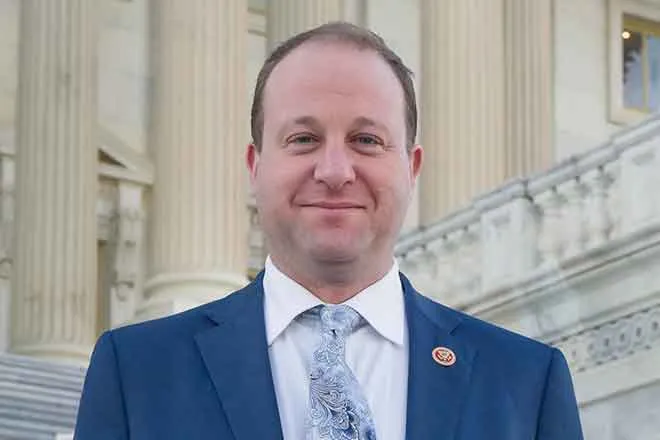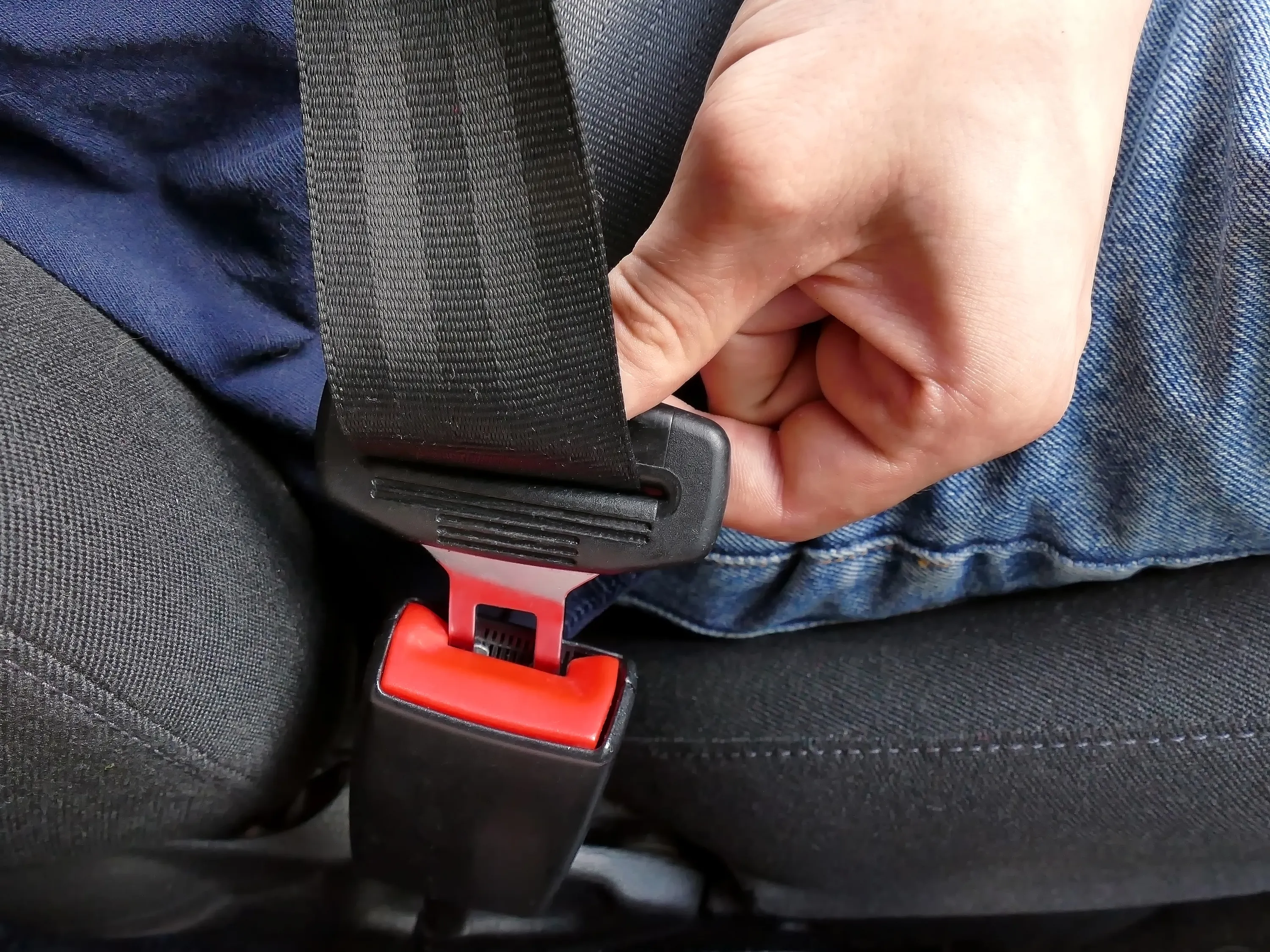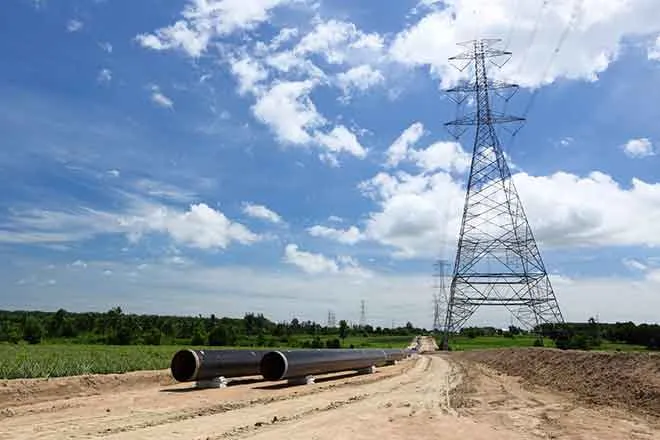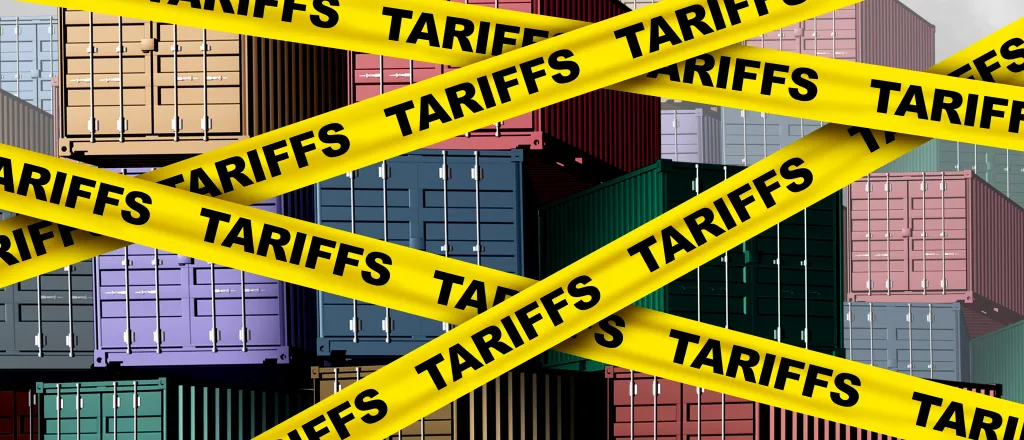
Colorado’s estimated tariff rate rises sevenfold due to Trump policy, state report says
© wildpixel - iStock-2189862167
Colorado’s effective tariff rate is seven times what it was last year following sweeping tariffs imposed by the Trump administration, according to a new report released by Governor Jared Polis’ office.
“One thing that’s clear is that everyone loses a trade war,” Polis told reporters at the Governor’s Residence in Denver during a press conference Thursday. “It’s a race to the bottom.”
A tariff is a tax on imported goods. President Donald Trump has imposed a patchwork of tariff rates on different countries, many of them stemming from a 10 percent baseline tariff on all imports imposed in April. Tariffs currently in effect include 50 percent tariffs on Brazilian goods, 39 percent on Swiss goods and 15 percent on goods from the European Union. Trump has also imposed high tariff rates on Canadian, Mexican and Chinese goods — which account for roughly half of Colorado’s imports — but those are in flux as the countries negotiate, and they exclude Canadian and Mexican products included in the United States-Mexico-Canada trade pact. There are also individual tariffs on imported cars, steel, aluminum and copper.
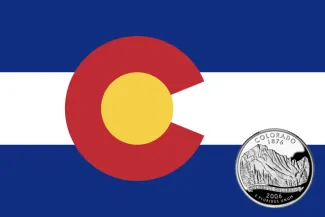
Companies that bring foreign goods into the country are responsible for those tariff costs.
“When businesses face high tariffs and the associated uncertainty and confusion, they have difficult choices,” said Jeff Kraft, the deputy director of the Colorado Office of Economic Development and International Trade. “Companies are forced to either pass costs onto consumers, which raises prices and can reduce revenue and obviously hurts the consumer, or they have to shift funds to cover the cost of the tariffs internally.”
Polis requested the tariff impact analysis through an executive order in July. The analysis says the estimated effective tariff rate in Colorado last year was 3 percent but now it has increased to 21 percent.
Companies are forced to either pass costs onto consumers, which raises prices and can reduce revenue and obviously hurts the consumer, or they have to shift funds to cover the cost of the tariffs internally.
The hardest hit industries in Colorado will likely be agriculture, energy, construction and aerospace. The state’s beef exports, for example, fell by nearly $40 million in the first half of this year compared to last year, and the report’s authors estimate a combined direct and indirect impact of that loss of beef exports to be a reduction of 265 jobs and $80 million of economic output in Colorado.
The Swiss tariffs could have a big impact on Colorado’s aerospace industry, which imports about 73 percent of its materials from the country. Product-specific tariffs on steel, aluminum and copper could also affect aerospace defense manufacturing. The report considered a potential 5 percent reduction in foreign demand for Colorado aerospace products and concluded an estimated 195 lost jobs and $61.6 million in gross domestic product loss.
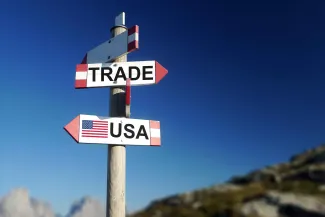
Additionally, tariffs related to imported construction materials and the countries that supply them could increase construction costs for new homes by 4 percent to 6 percent, according to the report.
“There’s no doubt that any costs associated with tariffs are directly incorporated into construction costs and into housing costs,” Polis said. “Of course, we’re doing everything we can to reduce the cost of construction as a state, and this works counter to that goal.”
There is potential that the tariffs will impact state revenue as well, because they are expected to weaken consumer spending and slow economic growth. The state could lose about $240 million in general fund revenue during the current fiscal year and about $450 million next fiscal year if the current tariff rates hold. That is a potential estimate and not part of an official economic forecast, which will come later this month.
The Colorado Legislature recently wrapped up a special session to raise revenue to soften the adverse impacts of the recent federal spending and tax cut bill.
Colorado was part of a coalition of states that sued the Trump administration over the tariffs imposed using emergency authority. An appeals court found that most of those tariffs were an illegal use of the emergency powers law, but the decision left the tariffs in place for now and Trump is asking the U.S. Supreme Court to take up the case.
Polis is hoping the courts will negate the tariffs, and he called on Congress to do more. The state does not have any power regarding this international trade policy.
“We really hope that Congress shows a spine and pushes back against costly increases through tariffs and try to change the mind of the president in the White House,” he said. “Congress absolutely can limit the authority of a president. They can do that in the spending bills that they’re considering right now. They can restrict the ability of any president to unilaterally impose tariffs.”




